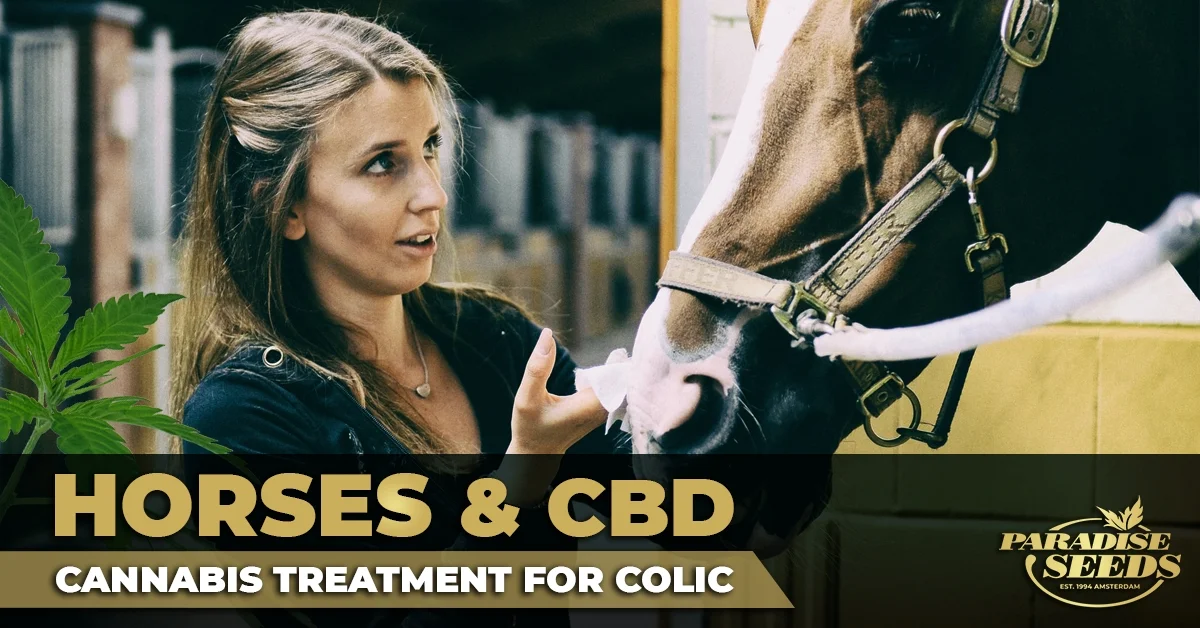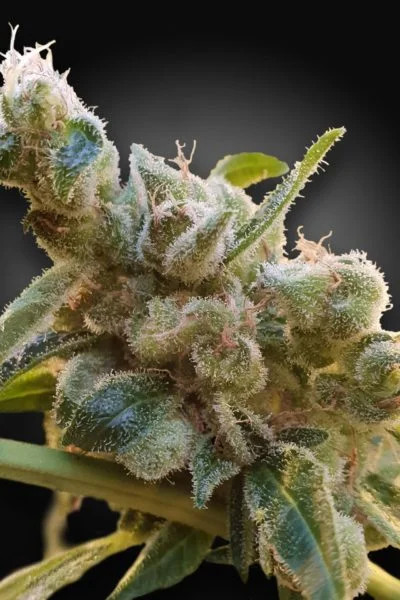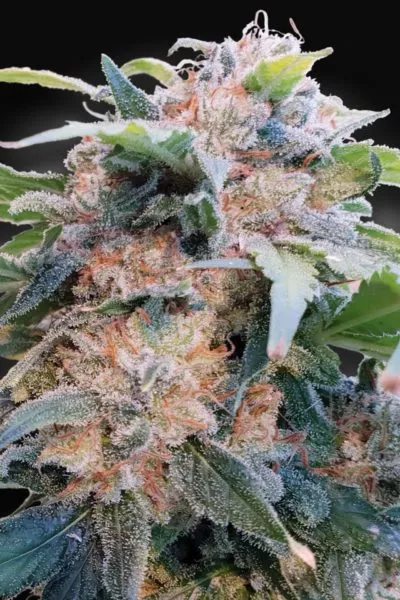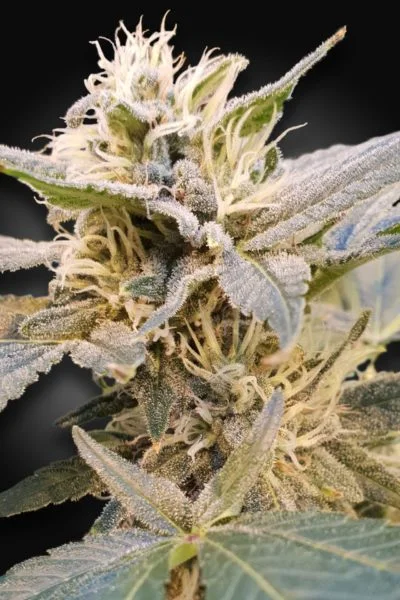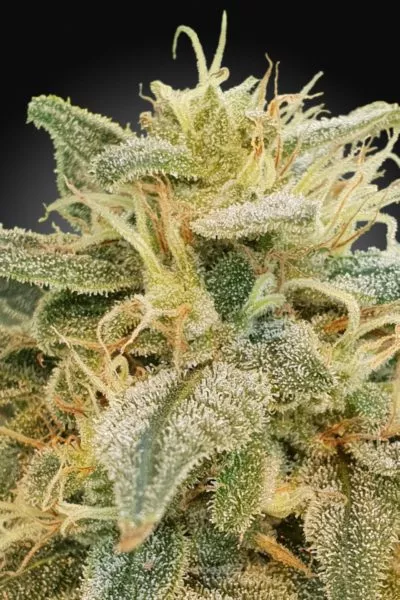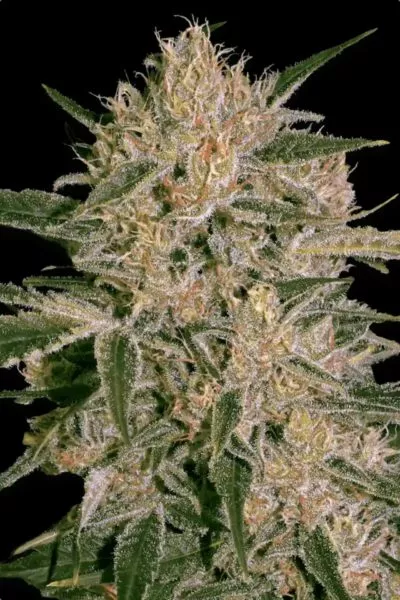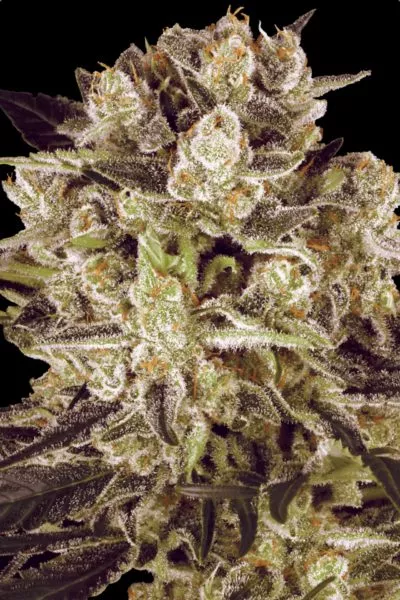While cannabis attracts much attention and funding for research into its medical properties, the vast majority of that work is directed toward treating human beings. Nevertheless, in the field of veterinary research the properties of medical cannabis are no less important.
Like humans, many animals have a cannabinoid receptors in their body and so researchers are exploring how to produce cannabis-based medicines to treat our pets and livestock.
Horses could benefit from CBD oil and other cannabis medicine through cannabinoid receptors in their gastrointestinal system.
Once the number of horses are taken into consideration, it becomes obvious that this field of research is not just a niche business. There are an estimated 12 million horses in South America, seven million in Europe, and the same number in the USA, which are estimated to generate $122 billion of economic activity across sports, competition and recreational sectors.
Colic Kills Horses. Is CBD a Colic Cure?
Cannabis was recommended as a treatment for colic in horses over 100 years ago. More recently a study showed how 250mg of pure crystalline cannabidiol (aka CBD oil), administered twice a day, relieved a horse of pain sensitivity when touched (mechanical allodynia); when no other medicines or interventions had worked.
CB2 receptors have been targeted to relieve osteoarthritic diseases in horses, additionally, CBD oil and a full spectrum of other hemp products have been used to treat horses for anxiety and pain relief.
Colic is abdominal pain, usually caused by problems in the gastrointestinal tract
and is one of the most common causes of death in horses. Most owners dread the condition because it is so problematic. Currently, about 9% of colic infections will not respond to medicines so will require surgery, which is a complex, costly procedure requiring several medics, and comes with many risks.
Studies show that postoperative infection rates range from 2%-40% but rises to over 85% after two or more surgeries.
Therefore, the development of better medicines for horses is a priority for owners and vets. Fortunately, there are interesting developments in cannabis research that are beginning to address this very problem.
- Cannabis, Cannabidiol Oils and Tetrahydrocannabinol—What Do Veterinarians Need to Know? https://doi.org/10.3390/ani11030892
- Treatment using cannabidiol in a horse with mechanical allodynia https://doi.org/10.1111/eve.13168
- Cannabinoids CB2 Receptors, One New Promising Drug Target for Chronic and Degenerative Pain Conditions in Equine Veterinary Patients https://doi.org/10.1016/j.jevs.2019.102880
- Cannabinoids in Equine Medicine https://link.springer.com/chapter/10.1007%2F978-3-030-68317-7_12
- Equine Surgery – Chapter 41 – Postoperative Care, Complications, and Reoperation of the Colic Patient https://doi.org/10.1016/B978-0-323-48420-6.00041-7
Endocannabinoid Systems in Other Animals
CB1 and CB2 cannabis receptors are found throughout the gastrointestinal tract of guinea pigs, rats, cats, dogs and human beings. But the study of the endocannabinoid system in equines lacks much research.
A study titled ‘Localization of Cannabinoid and Cannabinoid-Related Receptors in the Horse Ileum’ from the University of Bologna and the University of Tehran, published in June 2021, investigated an unknown aspect of horse biology, the distribution of cannabinoid receptors in the ileum (the last part of the small intestine before it joins the large intestine).
They discovered CB1 and CB2 receptors as well as another part of the endocannabinoid system, the serotonin 5-HT1a receptor, in epithelial cells, whose functions include protection, secretion, absorption, excretion, filtration, diffusion, and sensory reception.
The position of the CB1 receptors suggests that it could be possible to develop medicines that help with the regulation of intestinal permeability, cell regeneration, wound healing, and inflammation, while the CB2 receptors could work with medicines that help maintain the structure of the intestinal tract.
Similarly, other parts of the endocannabinoid system could be worked with to regulate the movement of foods through the intestines. All these indicators support recovery from colic and open the possibility of developing cannabis-based medicines for colic in horses.
- Localization of cannabinoid CB1 receptor immunoreactivity in the guinea pig and rat myenteric plexus https://doi.org/10.1002/cne.10270
- Localization of cannabinoid and cannabinoid related receptors in the cat gastrointestinal tract https://doi.org/10.1007/s00418-020-01854-0
- Localization of cannabinoid receptors CB1, CB2, GPR55, and PPARα in the canine gastrointestinal tract https://doi.org/10.1007/s00418-018-1684-7
- Differential Expression of Cannabinoid Receptors in the Human Colon: Cannabinoids Promote Epithelial Wound Healing https://doi.org/10.1053/j.gastro.2005.05.026
- Localization of Cannabinoid and Cannabinoid-Related Receptors in the Horse Ileum https://doi.org/10.1016/j.jevs.2021.103688
The French Nobel Laureate, Anatole France, said that “Until one has loved an animal, a part of one’s soul remains unawakened ” or, as best-selling author and social anthropologist, Anna Tsing, puts it ‘human nature is an interspecies relationship’.
These cannabis medicines are not just the mechanical treatment of a beast, they are part of our care and affection for the animals with whom we maintain reciprocal loving relationships.
If we are willing to invest our money in these relationships too, for instance, in 2019, the European pet care industry (mostly dogs and cats) was worth €19.6 billion, not including food.
Because most of these animals have an endocannabinoid system with cannabis receptors, treatments with crystalline cannabidiol, or CBD oil, look like a promising part of helping our animal companions share healthy lives with us.
-
€22.50 – €59.50Select options This product has multiple variants. The options may be chosen on the product page
-
Select options This product has multiple variants. The options may be chosen on the product page
€22.50 – €59.50
€16.88 – €44.63 -
€22.50 – €59.50Select options This product has multiple variants. The options may be chosen on the product page
-
€22.50 – €59.50Select options This product has multiple variants. The options may be chosen on the product page
-
€29.50 – €79.00Select options This product has multiple variants. The options may be chosen on the product page
-
€29.50 – €79.00Select options This product has multiple variants. The options may be chosen on the product page


